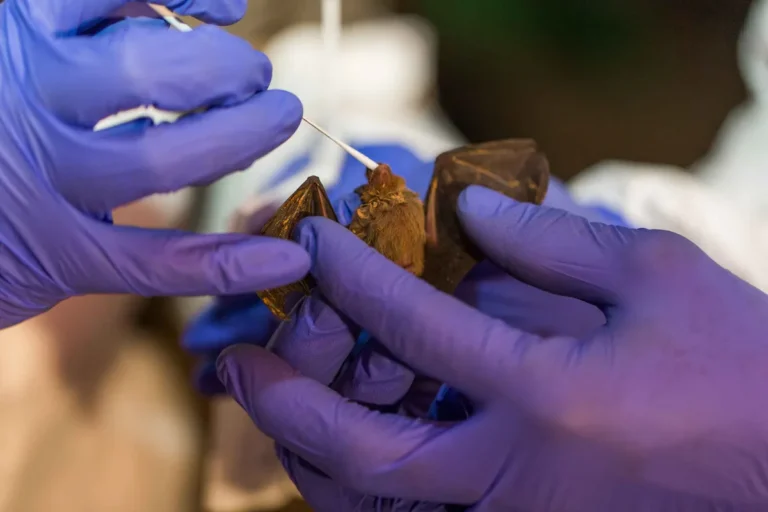Islamabad, March 19 2025: Scientists in Brazil have identified a new Bat coronavirus that shares genetic traits with the Middle East Respiratory Syndrome (MERS) virus. However, experts have yet to determine whether this newly discovered virus poses a risk to humans.
The research, conducted in collaboration between scientists from São Paulo, Ceará, and Hong Kong University, revealed that the virus is 72% genetically similar to MERS-CoV.
Notably, its spike protein, which enables the virus to bind to host cells, shares a 71.74% resemblance with MERS.
MERS was first detected in Saudi Arabia in 2012 and has since resulted in over 850 fatalities worldwide. Given these similarities, scientists are now focusing on understanding the potential impact of this new virus.
READ MORE:
Hottest Decade Ever – World Going Through Now
Bruna Stefanie Silvério, the study’s lead researcher, stated, “We are not yet certain if this virus can infect humans, but our findings indicate a possible interaction with the same receptors used by MERS-CoV.”
The study, published in the Journal of Medical Virology, involved screening over 400 bat samples from various species in Brazil.
Experts emphasize the need for further study to assess whether this newly identified a new bat coronavirus could pose a threat to human health.
Scientists are analyzing its ability to infect human cells and the likelihood of transmission. While no cases in humans have been reported yet, researchers urge continued monitoring to prevent any potential spillover.
The discovery highlights the ongoing importance of virus surveillance in wildlife, particularly in species known to carry coronaviruses.
Health authorities and virologists stress the significance of proactive measures to mitigate future outbreaks.
Understanding these emerging viruses is crucial in strengthening global preparedness against possible pandemics and ensuring public health safety.



